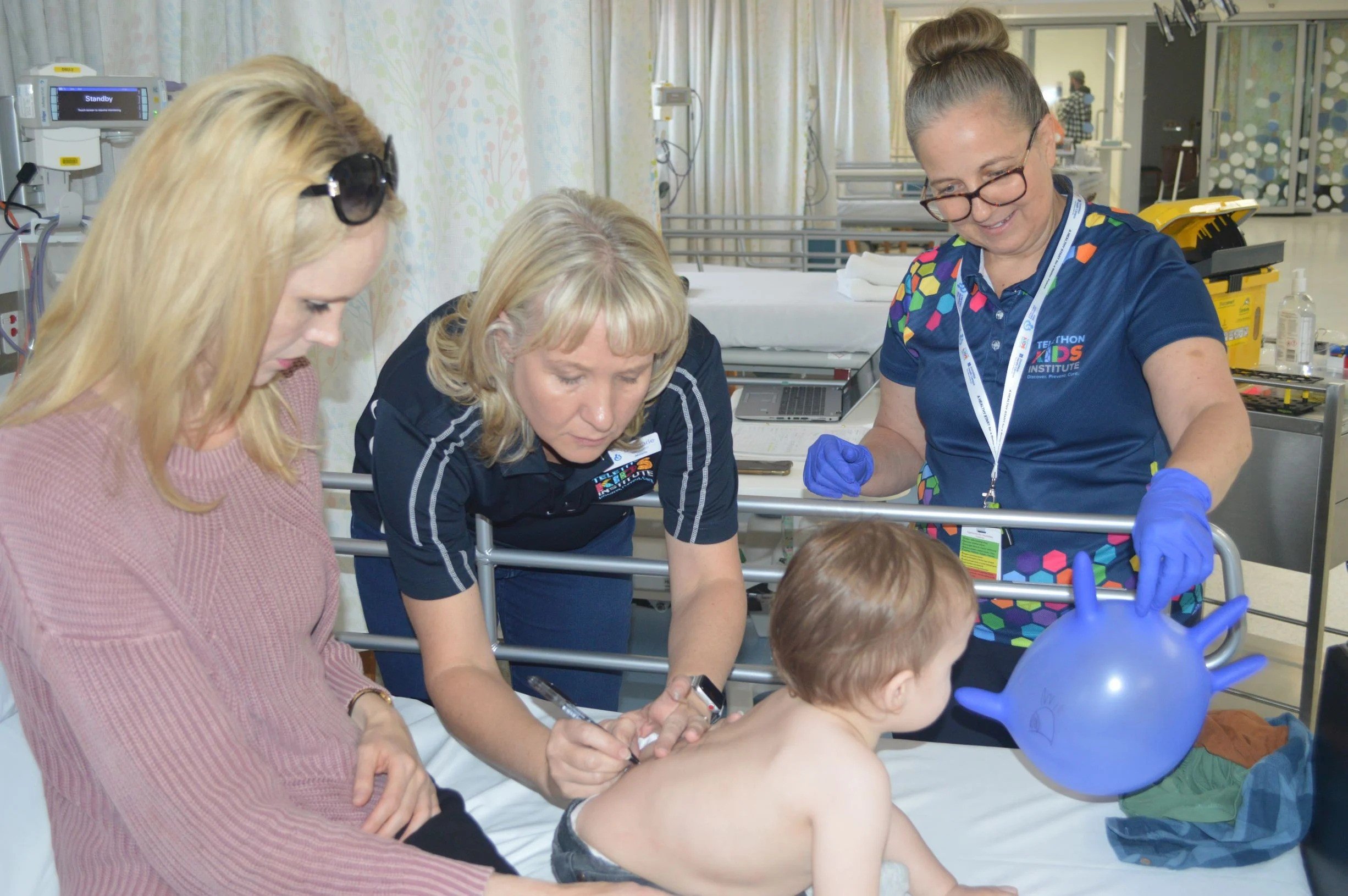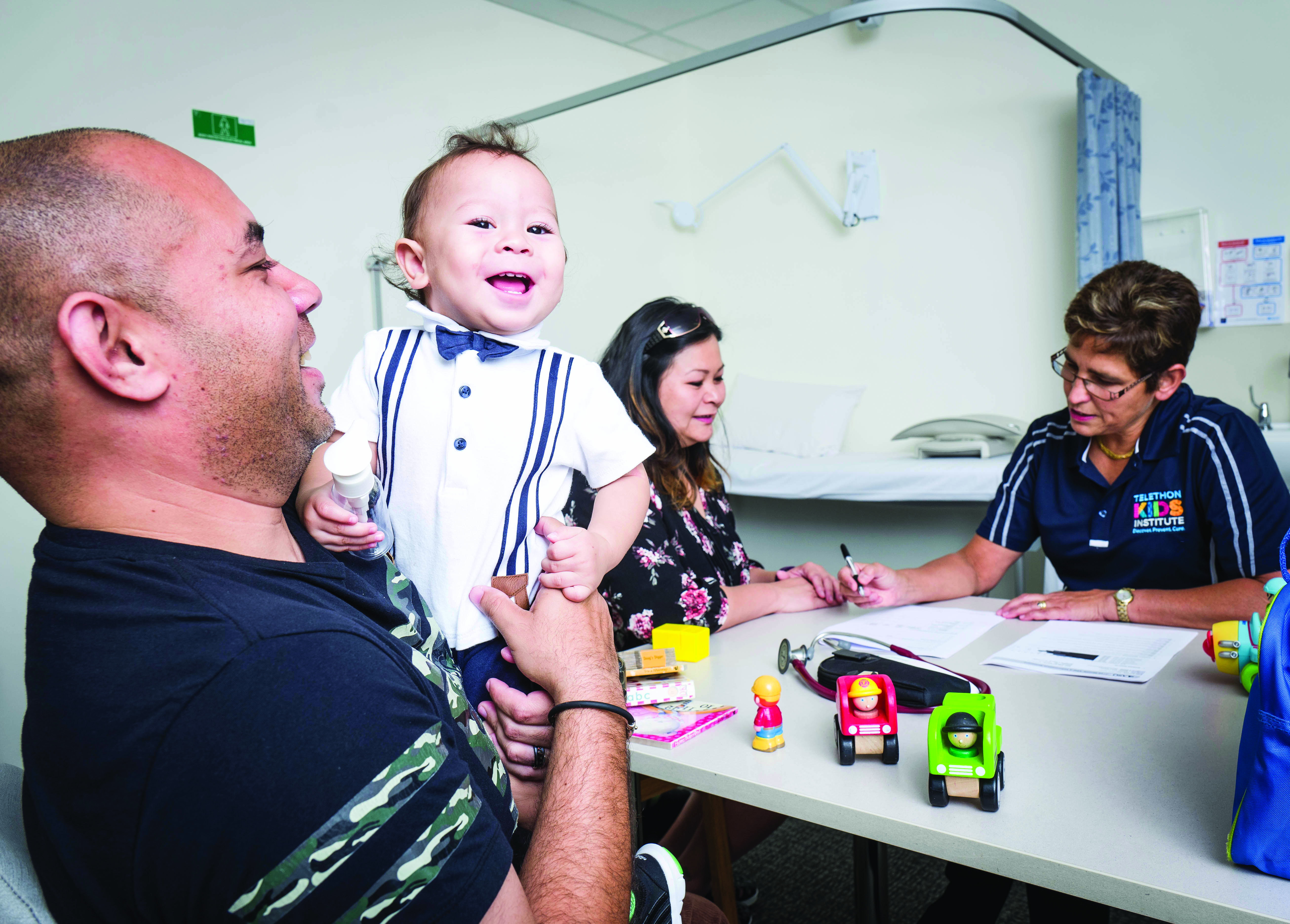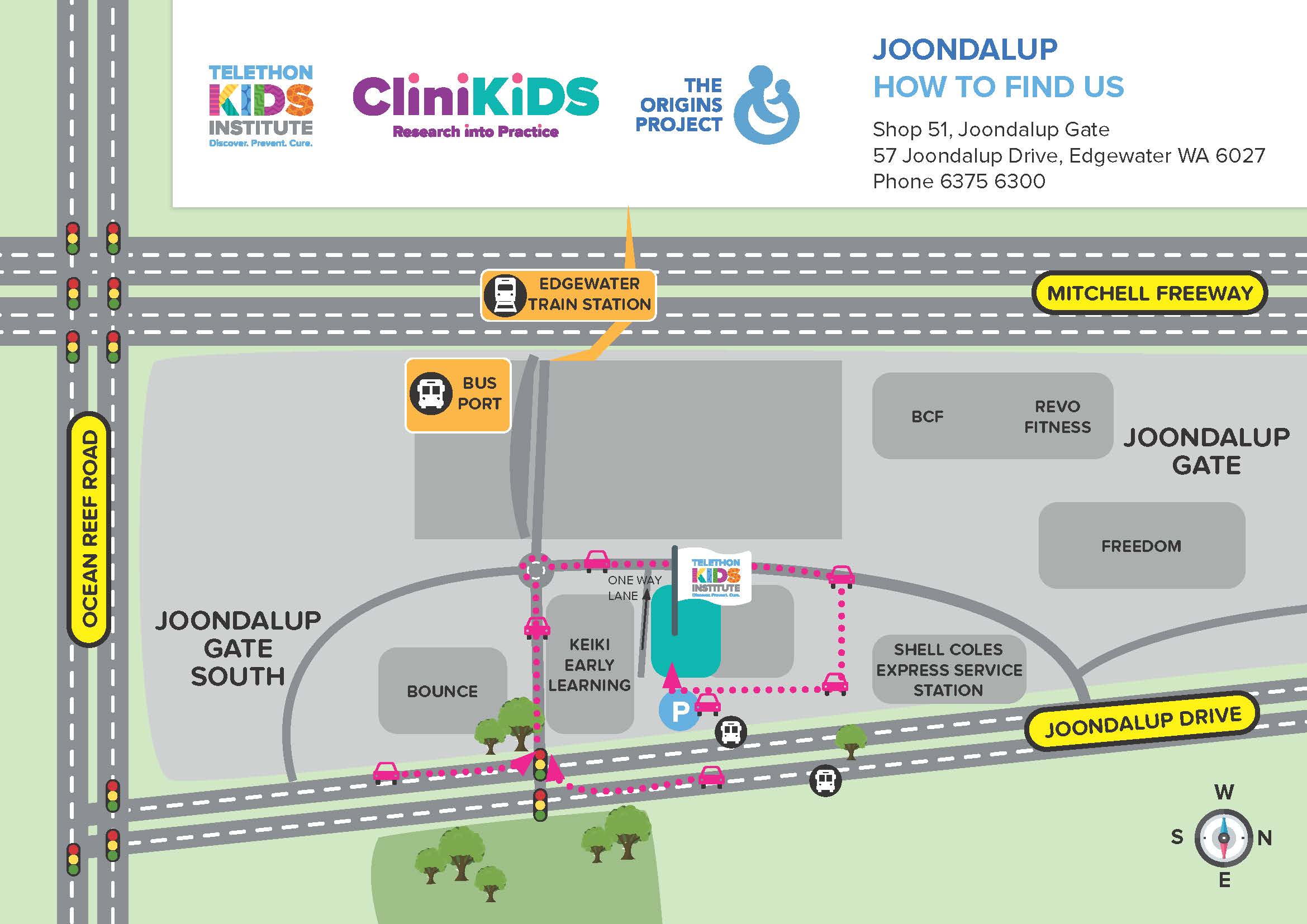Search
The Wesfarmers Centre is pleased to announce the 4 successful applications for the 2016 Round 1 Wesfarmers Centre Seed Funding.

ORIGINS is an interventional cohort study, meaning participants receive timely feedback and an action plan to address any potential abnormalities.

News & Events
Associate Professor Debbie Palmer Awarded Stan Perron Charitable Foundation FellowshipThis fellowship will assist Associate Professor Palmer in her large-scale food allergy prevention trials.

News & Events
ORIGINS is pleased to announce the 2024 recipient of its inaugural PhD Student AwardMiss Braddon will be awarded with $15,000 to go towards her research project, DreamStart

News & Events
Better Your BioMood: First Findings Published in Origins SubprojectFirst Findings Published in Origins Sub-Project

News & Events
ORIGINS named in multi-million dollar investment towards child healthORIGINS named in multi-million investment towards child health

News & Events
ORIGINS Family Fun Day 2023Families gathered in the autumn sunshine to celebrate ORIGINS

News & Events
New Home for ORIGINSThe Kids Joondalup will be the new home for the ORIGINS research and data teams

News & Events
Digital support engagement needed for new MumsSystematic review explores engagement levels of digital tools during the perinatal period

News & Events
Calling All Budding ArtistsCalling all budding artists - submit your child's artwork to win!
